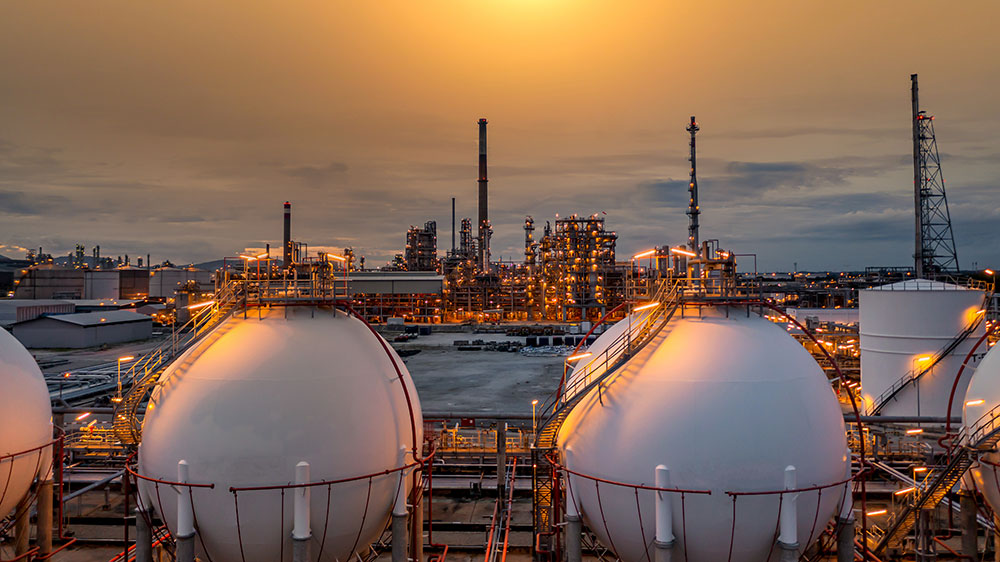Enhancing Casting Durability for Industrial Applications
Boosting Durability in Industrial Castings
Durability is a key factor in the performance of industrial castings. These components face heavy demands in various settings, from high-pressure environments to extreme temperatures. To ensure their longevity, they must be crafted with precision and care. Industrial settings often require parts that can withstand wear and tear over extended periods, making durable castings essential for reliable operations.
Selecting the right materials is crucial to enhancing the durability of industrial castings. Each material offers unique benefits that help it perform better under specific conditions. Meanwhile, advanced techniques like heat treatment further boost the strength and resilience of cast components, reducing the risk of defects and prolonging lifespan.
Quality control measures are vital for maintaining the durability of industrial castings. Rigorous testing and routine checks help ensure each part meets the demanding standards expected in tough industrial environments. By focusing on these areas, manufacturers can deliver parts that remain dependable and efficient throughout their service life.
Understanding Durability Requirements in Industrial Castings
Durability is crucial when it comes to industrial castings. These components are often used in environments that demand high performance under stress. Durable castings help minimize breakdowns and maintenance needs, which translates into less downtime and prolonged operational efficiency. In industrial settings, the ability to withstand rigorous conditions without failure is essential for productivity and safety.
Casting plays a pivotal role in meeting these durability requirements. Through precise design and robust materials, the casting process ensures components can handle demanding tasks. However, several factors can affect the longevity of cast components.
– Temperature Variations: Parts exposed to extreme heat can suffer from warping or thermal fatigue, leading to early failure.
– Corrosion: Exposure to moisture or chemicals can weaken materials over time, particularly metals.
– Mechanical Stress: Repeated forces or vibrations can cause fatigue in castings, leading to cracks or breaks.
These common factors highlight the need for careful planning during the casting process. Understanding how to counteract them ensures that each casting remains functional for longer, providing the reliability needed in an industrial context. By addressing these factors proactively, manufacturers can help prevent premature wear and extend the lifespan of cast products in tough environments.
Selecting Materials for Maximum Durability
The choice of materials is a key factor in enhancing the durability of industrial castings. Different materials offer unique strengths that make them suitable for varied industrial applications. Here’s a look at some materials that enhance casting longevity:
– Cast Iron: Known for its excellent wear resistance and damping capacity, cast iron is ideal for components subjected to vibrations and heat.
– Stainless Steel: Offers excellent corrosion resistance, making it suitable for environments where moisture and chemicals are present.
– Aluminum Alloys: Lightweight yet strong, aluminum is perfect for parts that need to resist corrosion while maintaining a low weight.
– Nickel Alloys: These materials boast superior thermal and corrosion resistance, fitting them for high-temperature or chemically aggressive settings.
Each material has distinct advantages suited for specific conditions. For instance, cast iron’s durability against wear makes it perfect for moving parts in machinery. Stainless steel shines in corrosive environments, ensuring that parts remain intact despite exposure to potentially damaging elements. Aluminum’s light weight makes it excellent for applications where reducing overall mass matters, while nickel alloys perform exceptionally in environments requiring both high corrosion resistance and strength.
Selecting the right material based on the specific demands of an application ensures that cast parts not only meet but exceed the durability requirements expected in industrial settings. By aligning material choice with anticipated environmental challenges, manufacturers can enhance the functional lifespan and reliability of their products.
Advanced Techniques to Improve Casting Strength
Manufacturers use advanced techniques to refine the final product, improving the strength and durability of industrial castings. One key method is heat treatment, which enhances the metal’s physical properties. By carefully controlling the heating and cooling process, the casting gains increased toughness and resistance to wear and tear. This is especially important for parts subjected to heavy loads or dynamic forces.
Another modern technique involves alloy optimization. By selecting the right combination of metals, manufacturers can tailor the properties of the alloy to meet specific durability needs. This might include improving resistance to corrosion or increasing tensile strength, making the components more reliable in long-term industrial use.
Additionally, precision casting techniques, including investment casting, deliver components with tighter tolerances and fewer defects. This precision ensures each part fits perfectly within its application, reducing the risk of failure due to poor alignment or fit.
Together, these advanced techniques significantly contribute to producing castings that withstand the rigors of challenging industrial environments. By incorporating these innovations, manufacturers make parts that last longer and perform better, reducing the need for frequent replacements and repairs.
Quality Control Measures for Ensuring Longevity
Quality control is vital for ensuring that industrial castings meet durability standards. Several rigorous measures are in place to check the integrity and quality of each component. These measures begin with non-destructive testing (NDT), which includes methods like ultrasonic testing and X-rays. NDT allows the detection of internal flaws without damaging the part, ensuring its reliability and safety in operation.
Routine checks are implemented throughout the casting process to maintain consistency and quality. These checks involve monitoring factors like temperature, chemical composition, and mold integrity. By keeping all variables in check, manufacturers can ensure each cast meets the required specifications.
Furthermore, data-driven statistical process controls (SPC) help track production patterns and identify any deviations from the norm. This proactive approach ensures issues are addressed before they impact the final product.
By committing to a strong quality assurance framework, manufacturers reinforce the longevity of their cast components. Adhering to strict testing procedures and constant process monitoring mitigates the risk of defects, ensuring that every part performs as expected in demanding industrial conditions.
Conclusion
Crafting industrial castings with enhanced durability is a complex but essential task. Whether it’s through the careful selection of materials or the adoption of advanced techniques, the focus remains on producing robust components. This dedication to quality ensures that each casting can perform efficiently, even in the toughest environments. Moreover, by implementing thorough quality control measures, manufacturers like BQC Foundry prioritize reliability and longevity in all their castings, securing the confidence of their partners across various industries.
Partnering with BQC Foundry means investing in quality and precision. We understand the critical role our castings play in your operations and are dedicated to delivering components that meet and exceed your durability expectations. Reach out to us today to discover how our expertise can support your industrial needs with reliable, high-performing metal castings.


